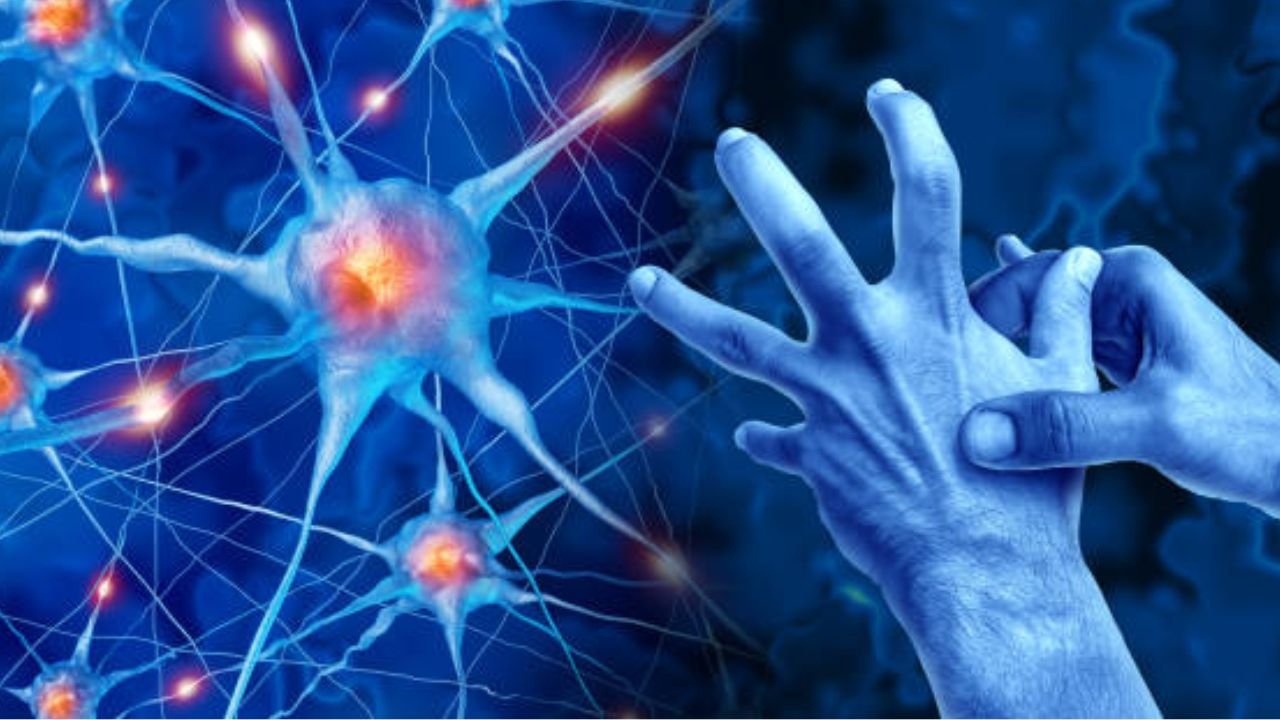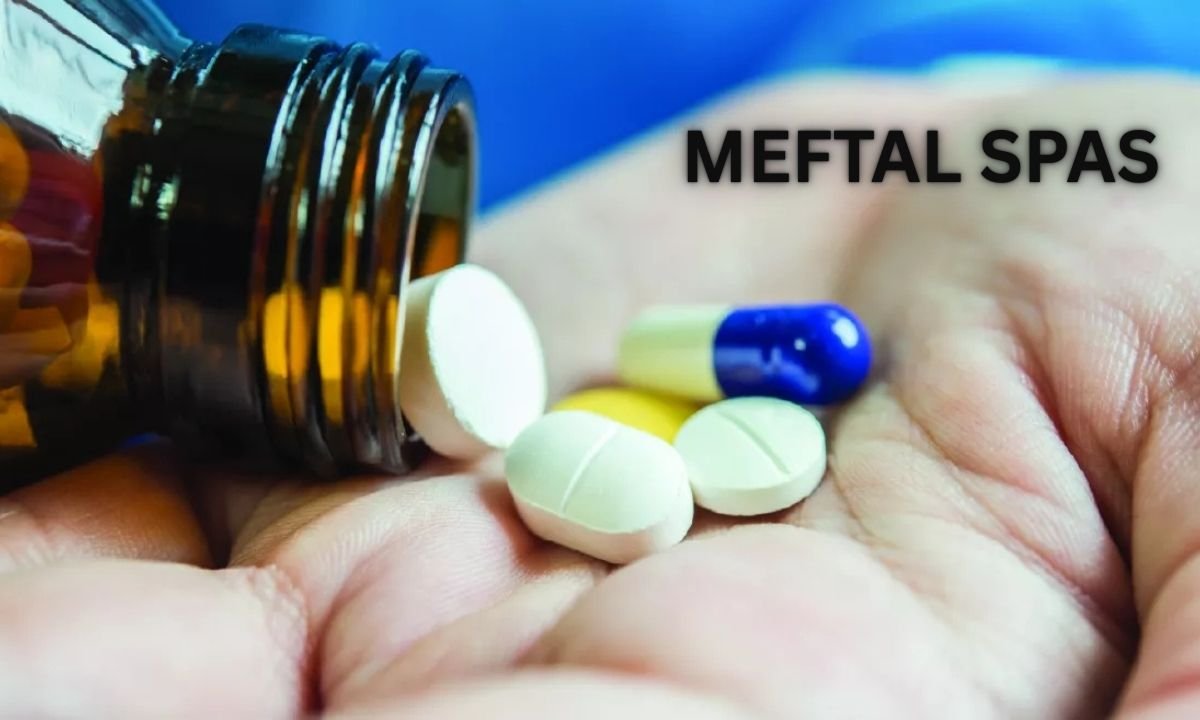Injection of platelet rich plasma (PRP) is orthopedic therapy administered by doctors in order to speed up recovery and pain induced by injured joints, tendons, and ligaments. Physicians inject the mixture of platelets and plasma that were present in the patient blood directly into the affected parts in order to facilitate healing. Sports people, on the other hand, have a lot to derive; this therapy can be used to accelerate the recovery of sports, related injury. This is the role of PRP injections in sports medicine as done by doctors:
The mechanism of action in PRP Injections.
When you undergo a PRP treatment procedure, the doctor can collect some of your blood and spin it in a centrifuge in order to separate the plasma. The platelet rich plasma has white blood cells and platelets in greater quantity compared to the quantity of the same in the blood in your body. It is a concentrated composition of growth factors and cytokines-containing platelets in this plasma. In the process of being treated, the ultrasound assists the doctor to maneuver the needle and inject the PRP at the injured site. The platelets have growth factors that when injected into an injury site trigger the growth and development of tissues and new cells, heal damaged vessels, and eliminate inflammation.
Candidates of the PRP Therapy
PRP injection can be applied in the treatment of soft tissue damage by the sports medicine doctors. Your doctor analyzes your med-history and makes a physical examination before advising you on PRP to know how deep your injury is. PRP injections can treat the following individuals with orthopedic conditions:
Chronic Tendon injuries
Sports injuries generally affect tendons because sporting activities are abrupt and repetitive and tend to lead to wear and tear of the tendons with time. The intention of PRP injection is to ameliorate pain and enhance the functioning of patients struggling with fibrous conditions like tennis elbow, Achilles tendonitis, and jumper knee. PRP growth factors have the possible effect of accelerating the repair of battered or torn tendon fibers and expedite healing.
Joint Pain
Pain might affect the performance of an athlete and form a hindrance to his career development due to injury or overuse of joint pain. The PRP joint injections can suppress inflammation as well as accelerate cartilage regeneration. The injections also encourage the lubrication of joints that relieves stiffness and reinstates joint functions.
Muscles Injuries
Contact sports such as American football, basketball, and soccer pose a high risk of collision resulting in the vulnerability of the athletes to injuries to their muscles. In special, the muscles that cover joints like hamstrings and quadriceps can easily be injured. The use of PRP injections enhances the regeneration of tissues within muscles with injuries, as well as decreases chronic pain in the muscle.
Ligament Injuries
Sporting groups running the risk of acquisition of anterior cruciate ligament (ACL) and the medial collateral ligament (MCL) are the sportspersons who involve themselves in the sport prone to snap or twist motions in sudden twunting direction. PRP used in the treatment of ligament injuries also has the ability to increase the rate of multiplication of the tendon cells. It assists in the formation of a collagen that heals the damaged ligaments. The ligaments can also become stronger and tighter due to the collagen thereby reducing the chances incurring injuries in the future.
The Healing Process With Platelet Rich Plasma Shots
A simple and minimally invasive treatment to soft tissue injuries in the muscles, joints, tendons, and ligament is through the use of platelet rich plasma injections. The therapy helps to speed up recovery and tone up damaged tissues, and the probability of further trauma or injury among athletes will also be reduced, and the quality of their performances will be improved. Due to the fact that doctors form PRP out of the blood of the patient, there are hardly any chances of allergic reaction to the shots. Make a reservation with a PRP specialist and get checked to see whether you qualify to go through PRP treatment or not.



